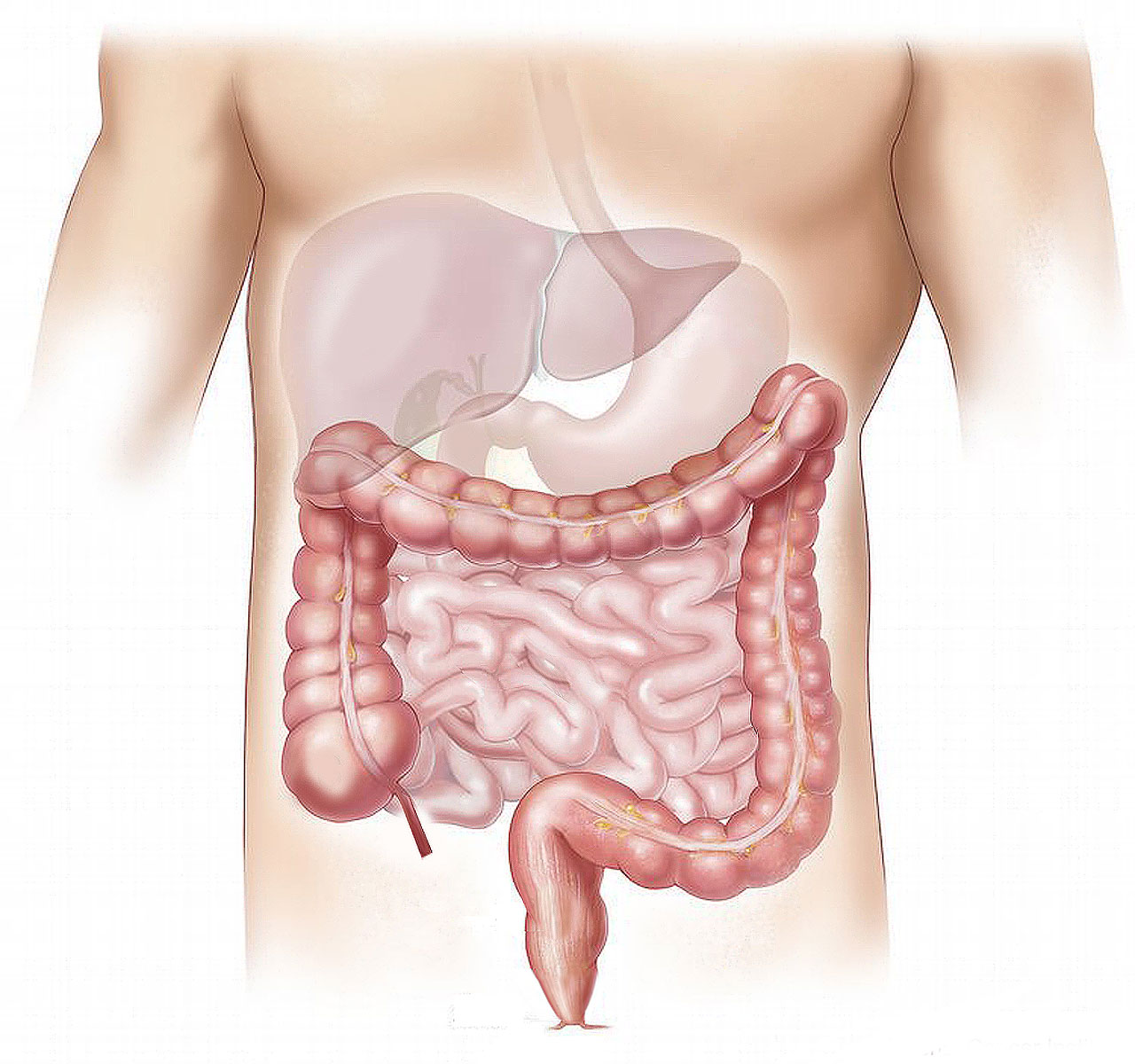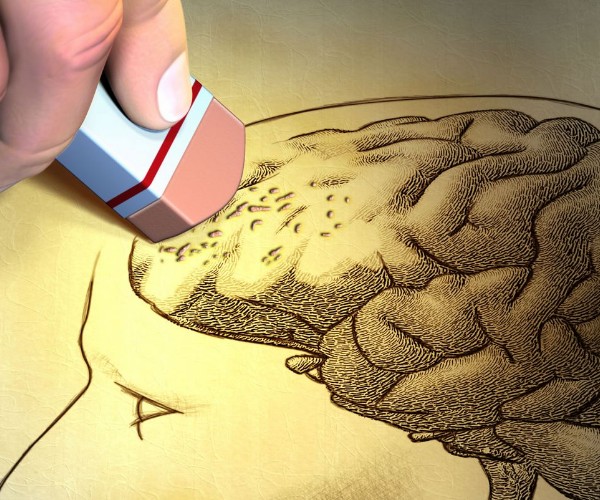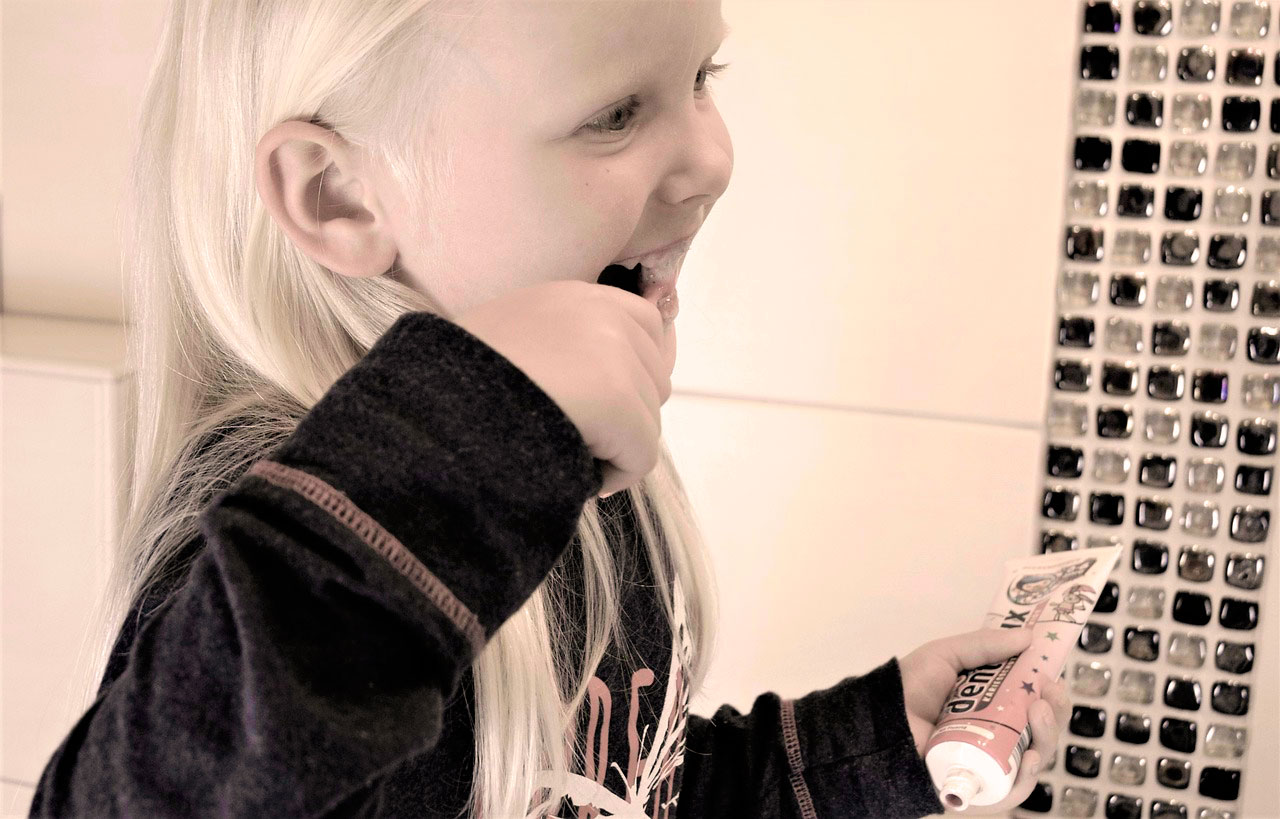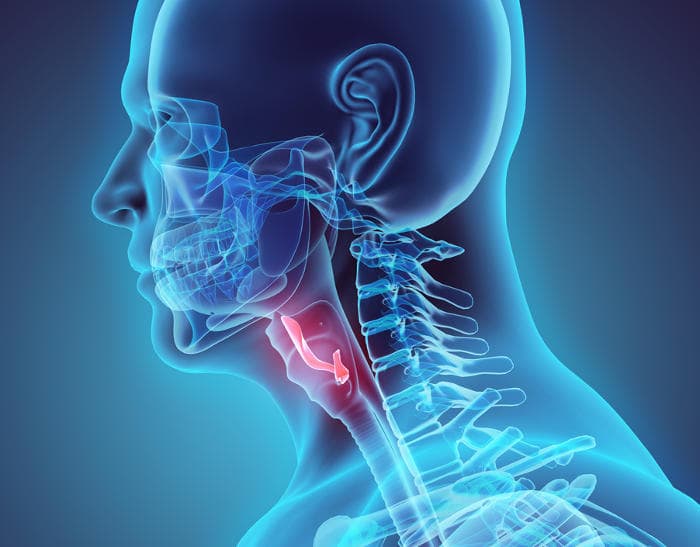Early stages and learning difficulties: a developmental view
January 29, 2022
Our society and schools invest heavily in the development of the intellect and the development of complex neuropsychological functions such as language, spatial, temporal, or graphical cognition, as well as reading, writing, arithmetic, and the ability to perform logical reasoning and memorization.
However, each of us has had the experience of suddenly finding everything we had learned and automated disorganized due to the onset of anxiety or panic. We probably also happened to “attack” the book we were supposed to study or we “ran away” from certain subjects. But, also, we may have shared and made our own the passion of a particular teacher who passed on to us the “hunger” to read, write and learn. Clinicians also know how difficult it is to be faced with a “pure” impairment of a specific cognitive function such as, for example, pure Specific Learning Disorder. We are not cognitive-computational machines.
In this course, the file rouge followed so far (peculiarities of the human brain, plasticity of the cortex, subcortical drive-emotional system, importance of bonding) will be taken up to reconsider in a new light the development of complex cortical neuropsychological functions based on development, relationship and emotion.
We will start with the development of cortical skills such as language and spatial concepts in early childhood children and then move on to disorders, both specific and nonspecific, of learning in elementary school, while simultaneously considering subcortical systems and bonding. The development potential of some often neglected subjects such as music will also be emphasized.
Poster for the course on January 29, 2022



































































































